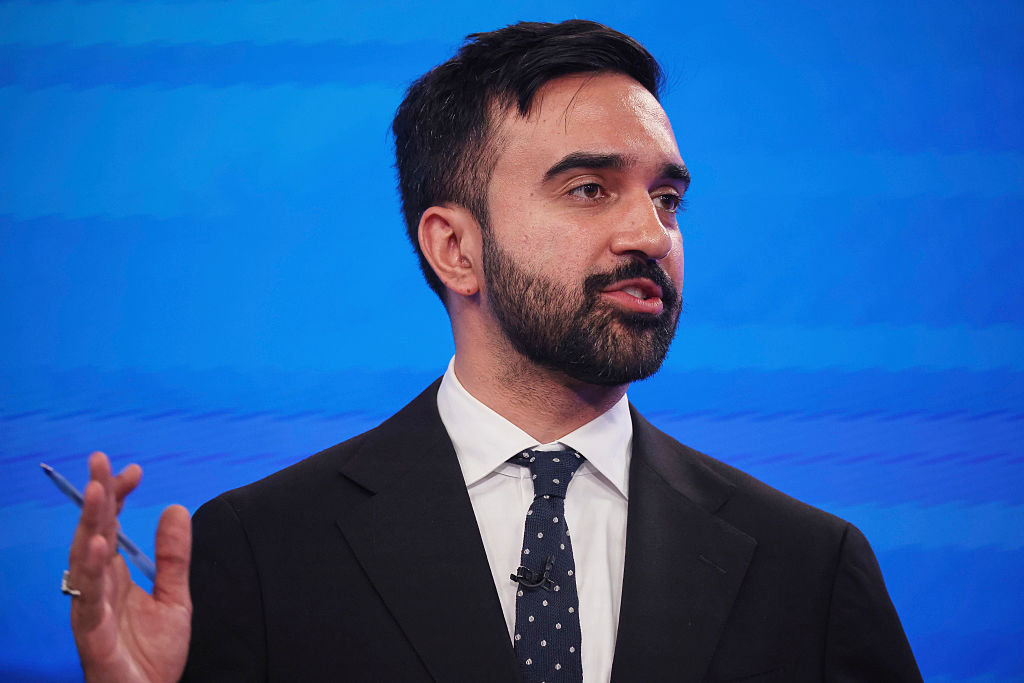Donna Summer, Chuck Brown Dead
Remembering The Movement That Was Chuck Brown, Donna Summer
It’s becoming painfully clear that the ’70s and ’80s were truly an anomaly. Whitney Houston, Etta James, Don Cornelius, Dick Clark. I’m waiting for the ball to drop, if bad things really do come in threes.
RELATED:
12 Things You Didn’t Know About Donna Summer
RIP Donna Summer, Watch Her Most Memorable Live Performances [VIDEO]
Before my father became a deejay, he was a record collector, a music connoisseur, and my mother loved music and was a club head dancing in New York City clubs with her girlfriends. The two of them would frequent local hot spots, like the Clubhouse, a gay club known for its cutting edge house and disco, in D.C. (My mother had to do some convincing to get my father there, but he eventually couldn’t resist the music).
Want to Keep Up With NewsOne.com? LIKE Us On Facebook!
And they were card-carrying members of Larry Levan’s Garage—the cooler, hipster’s answer to Studio 54. I listened to Donna Summer (pictured above, bottom) and Van McCoy and every other disco and house 12-inch single my father would get at record stores up and down I-95. And I danced along with my mother as she cleaned the house, singing the lyrics to “Bad Girls” and “Hot Stuff” and understanding her groaning on “Love to Love You Baby” for what it was.
Watch Donna Summer’s “Bad Girls” here:
Though my parents were New Yorkers, we lived in D.C. and my club experience began at 13 years old with go-go music. Go-go was more than music, it was a culture. And Chuck Brown (pictured top) was more than a musician, he was our fearless leader.
In the 1980s, Washington, D.C. was known as Dodge City. The Chocolate City was best known to outsiders as the murder capital — running from a shooting at a party became standard fare. But even the hardest thugs had respect for Chuck. When a fight would start, he would stop the music and call out to the fighters, and they would stop and listen. He had amazing power. No one wanted the party to end. And go-gos would go all night. We would come outside with our clothes stuck to our bodies with sweat, scrambling to sneak back into the house.
The Black Hole (it was a literal hole-in-the-wall) on Park Road and Georgia Avenue was one of the most-popular venues for go-go, and as long as you had a few dollars, you could get in. There were no age restrictions. No dress code. You got a swift pat down and a point toward a smoke-filled dance floor.
Listen to Chuck Brown and the Soul Searcher’s “Bustin’ Loose”:
Back then, everybody wanted to be a “talker” for a go-go band or a dancer. Chuck Brown and the Soul Searchers were a motley crew: a midget woman danced for the Soul Searchers, and the band consisted of young kids in shorts and T-shirts and seasoned musicians in three-piece suits.
D.C. was deeply mired in drug turf wars then, and Chuck would ease the tension with his “roll calls” at every go-go, where he would call out names of random teenagers that were at his shows and make them feel like celebrities. Having traded cartons of cigarettes for a guitar during his stint at Lorton Correctional Facility, he understood what teenagers needed. And he gave them recognition and self-esteem when both were in short supply in the crack era.
Then there was the music, music so good that Miles Davis plucked drummer Ricky Wellman from the Soul Searchers to tour with him. He would re-fashion R&B records of the time — Anita Baker, Luther Vandross — into a percussive, frenzied funk as well as jazz staples like “Moody’s Mood for Love” and “Harlem Nocturne” and even calypso, like Louis Jordan’s “Run Joe.”And the beat would go and go and go.
My father never devalued any form of Black music. What Donna Summer and Chuck Brown have in common was that their music was both devalued. Disco wasn’t hard enough, it was flitting, decorative, a passing fancy. Go-go was provincial, country, too un-cut, not hip enough for the sophisticated slickness of bigger cities.
My father ignored the naysayers and brought home hip-hop records early on, recording Mr. Magic on the radio, listening to Dr. Jeckyll and Mr. Hyde’s “Fast Life.” Blues, jazz, hip-hop, go-go — he loved it all. I asked my father when I got older why go-go’s polyrhythmic funk never progressed beyond D.C. boundaries—even as Chris Blackwell attempted to get record deals and Spike Lee showcased the most commercial go-go song in his movie, “School Daze.” His answer was simple: “Because it’s too African.”
He was right. Despite all the p.a. tapes I bought (people would have their recorders lifted up toward the stage and then would sell those cassette tapes on the street), it was at once a music that could only be experienced live. With the call-and-response, it was engaging. We were as much a part of the show as the band. The drums were so infectious that the dances we created all involved relentless shaking.
It was too Black, too in-the-moment, too unapologetic.
While I heard Donna Summer’s music at the end of every club night in New York and Philadelphia as a young adult and people all over the world appreciated her music, it was difficult to convince my friends outside of D.C. to appreciate go-go.
Maybe go-go didn’t travel around the United States, but when I watched Chelsea Clinton dancing on stage at a go-go at Sidwell Friends High School, I knew that it had traveled beyond the confines of this world.
As Joni Mitchell said, “You don’t know what you got ’til it’s gone.” Or maybe you thought you’d never lose it.
R.I.P. Donna Summer and Chuck Brown — on to the next world.
RELATED:















